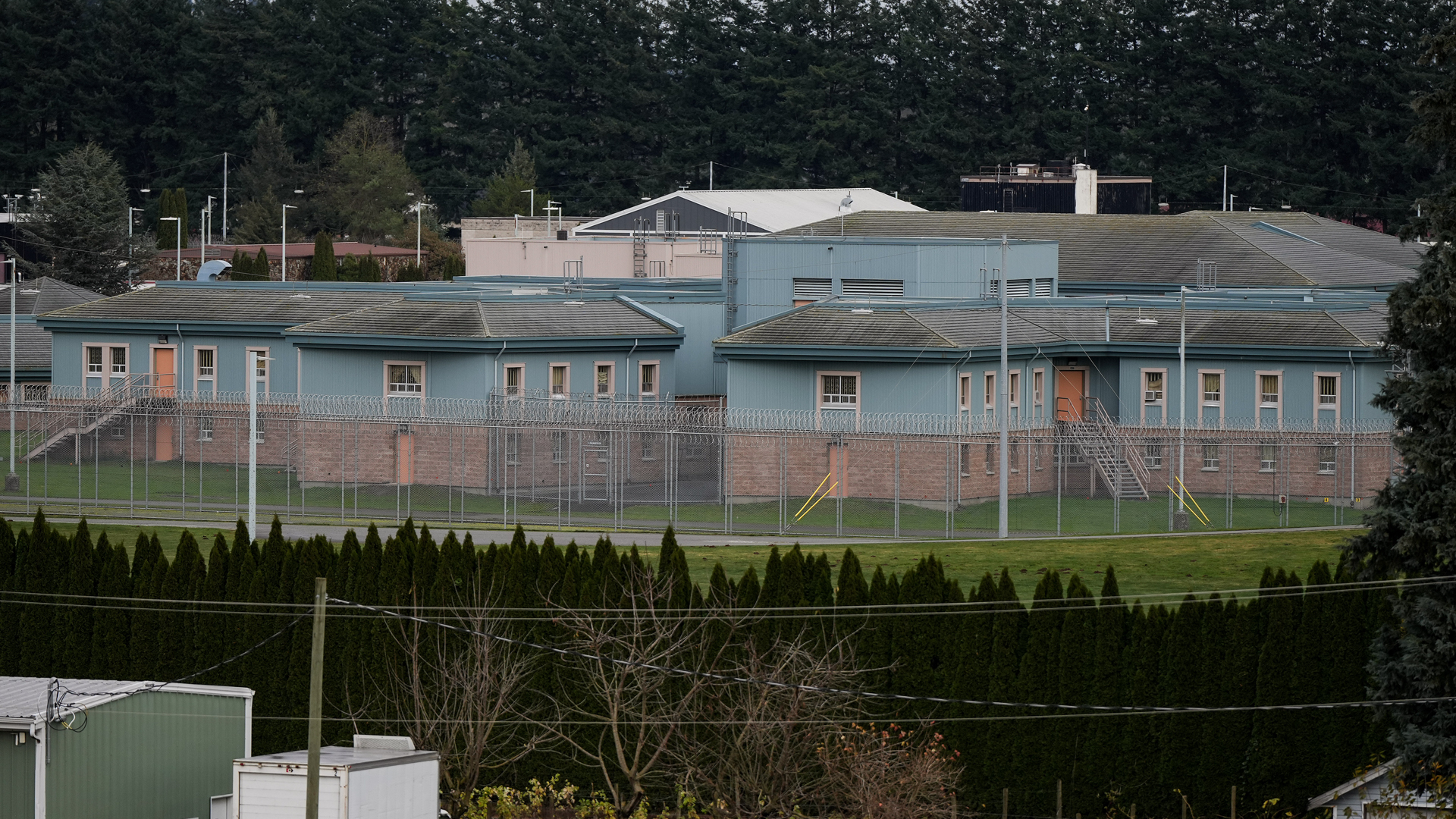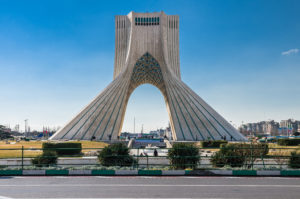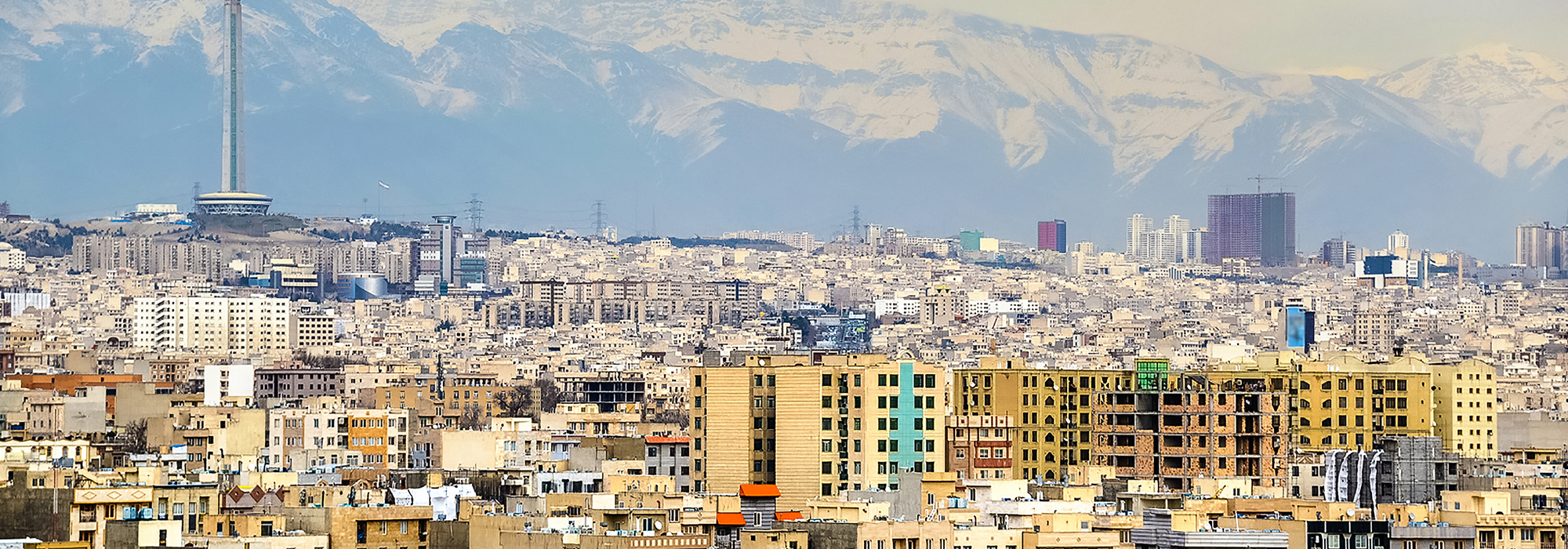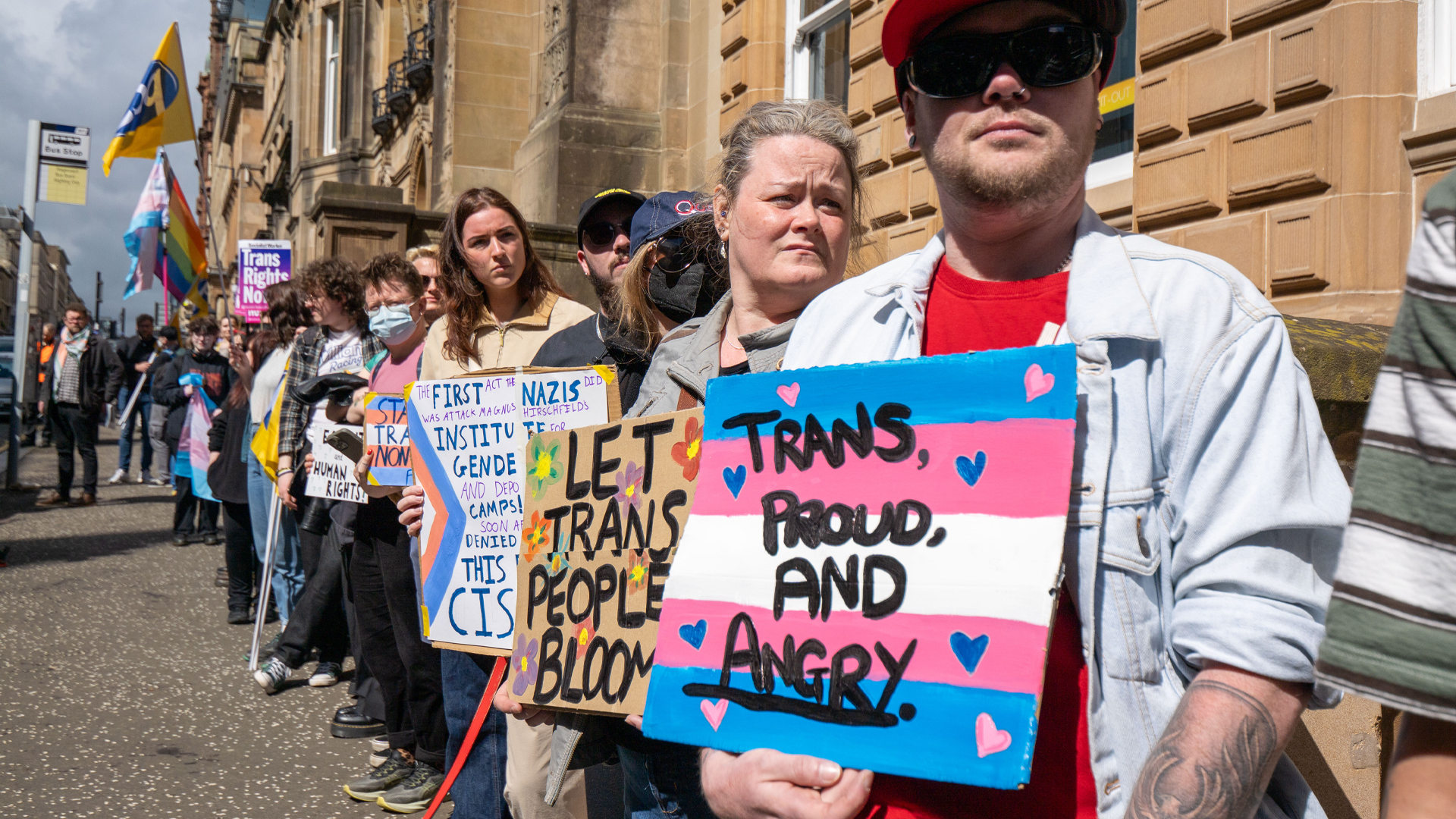
At the end of October, the UN General Assembly’s Third Committee passed a resolution once again condemning human rights violations in Iran. This is the 17th year in a row Canada has led the resolution, and it passed by a vote of 79 to 32, with 64 countries abstaining. Canada’s leadership on the resolution can be traced back to 2003, when Iranian authorities were implicated in the torture and murder of Iranian-Canadian photojournalist Zahra Kazemi. Paul Martin’s Liberal government responded by tightening its policy of “controlled engagement” towards Iran, which limited diplomacy to human rights and consular cases and put a hold on high-level dialogue and trade relationships.
The UN resolution on the situation of human rights in Iran was first passed by the General Assembly in 1985. Since the 1979 revolution, the Iranian government has directed an unceasing cascade of human rights violations against its own population. In August this year, United Nations Secretary-General António Guterres issued a comprehensive report on the state of human rights in Iran over the past year. He refers to “persistent and gross human rights violations,” including excessive use of force against protesters in November 2019 and January 2020, the use of the death penalty for child offenders, arbitrary and extended imprisonment for human-rights lawyers and journalists, and persistent discrimination against women, girls and minorities. The harsh sentencing of human-rights defenders like Nasrin Sotoudeh and Narges Mohammadi exemplify a pattern of cruelty and arbitrary punishment. Iran is one of only three states that are the subject of country-specific human-rights resolutions. North Korea and Myanmar are the other two.
The Iranian government is unrelenting in its assault on its own people. Even during the COVID-19 pandemic, the government has continued to arbitrarily detain its citizens. Mojdeh and Hooshmand Talebi, parents to two teens, were imprisoned in August without charges, for no other reason than their Baha’i faith. Amnesty International says Iran’s unsanitary prisons are “catastrophically unequipped for outbreaks.” Despite repeated appeals from UN experts, innocent people continue to fill Iran’s prisons, which have experienced countless coronavirus outbreaks. The United Nations General Assembly and its expert special rapporteurs, who issue deeply researched human rights reports, serve an essential function: to demand a basic level of accountability from the Government of Iran over its widespread impunity and official duplicity. Iran routinely denies its persecution of Baha’is, and claims that Iranians enjoy equal rights. Canada’s continued leadership at the United Nations should be celebrated and reinforced with greater international support.
Baha’is and the problem of impunity in Iran
One of the most egregious cases of government impunity in Iran is its ongoing treatment of Baha’i citizens. For over 40 years, the Iranian government has waged a campaign of destruction against its Baha’i community, the largest non-Muslim religious minority in the country. Baha’is have made notable contributions to Iranian culture and society, including opening some of the country’s earliest modern hospitals and schools for girls. The iconic Azadi Tower in Tehran was designed by Hossein Amanat, who now makes his home in Vancouver. Baha’is are non-political and non-violent as a matter of religious principle, and yet the government has a policy goal of extinguishing the community. Baha’is are excluded from the public sphere, blocked from public sector employment, harassed and attacked in their private businesses, prevented from attending higher education and even have their graveyards desecrated.

The coronavirus pandemic has done nothing to stifle the Iranian government’s animus towards its Baha’i population. To the contrary, the authorities have chosen a program of intensification. The prolific spread of online hate and disinformation attempts to inculcate an environment of hatred in the general population. Meanwhile, the courts have accelerated a number of pending court cases against Baha’is. Hundreds of Baha’is, and tens of thousands of their relatives, face the compounding effects of spontaneous and arbitrary arrest and bail expenses. Hundreds of Baha’i-owned shops have been sealed by authorities. At a time of global uncertainty, the Iranian government has not vacillated in its efforts to eradicate the Baha’i community as a viable entity.
Faced with evidence of their persecution of Baha’is, the Iranian government and its agents respond with a campaign of denial and misdirection. Cases of state-sponsored persecution are minimized as minor “discrimination.” Iranian Foreign Minister Javad Zarif had the temerity to tell an American audience in 2018 that “being a Baha’i is not a crime” in Iran.
And yet, even those who stand up for the Baha’is are viciously criminalized. Nasrin Sotoudeh, a prominent human rights lawyer, has represented a number of Baha’is before the courts. She also became known for representing women human rights defenders and for peacefully protesting compulsory veiling laws. Last year, she was sentenced to a lengthy prison sentence and 148 lashes.
Multilateralism that matters
Canada’s leadership of the annual UN resolution on human rights in Iran is a significant undertaking that involves the mobilization of Canadian diplomats around the world to ask other countries for their support. Some ask whether such an investment is worth the effort after 17 years, when Iran shows no sign of modulating its egregious behaviour. To those who suffer at the hands of the Iranian justice system, the answer is undoubtedly “yes.” This is multilateralism that matters: it is the voice of the international community holding a member state to account against shared legal standards. When justice is so hard to come by in Iran, it is essential that impunity does not extend beyond the country’s borders.
Photo: City of Tehran. Shutterstock/By Leonid Andronov.








